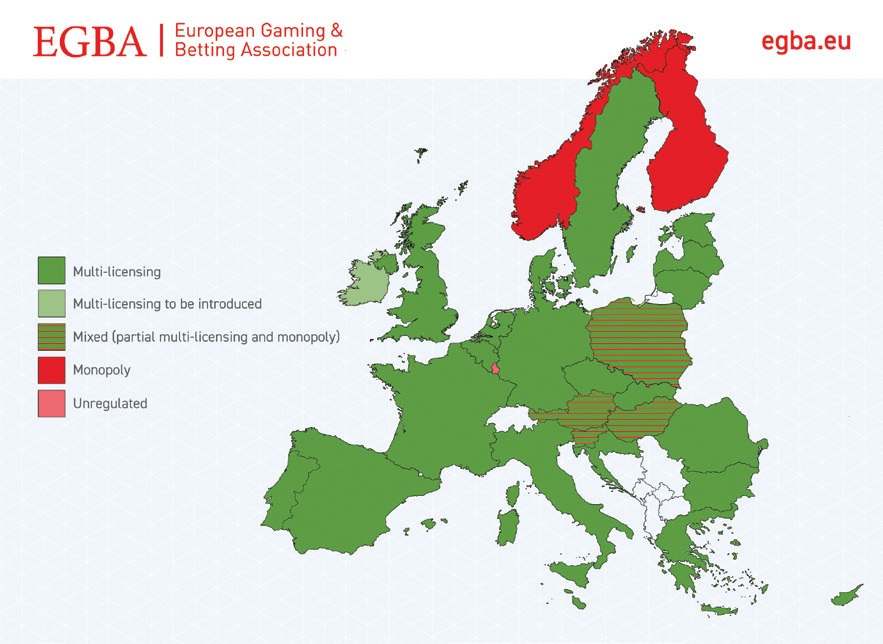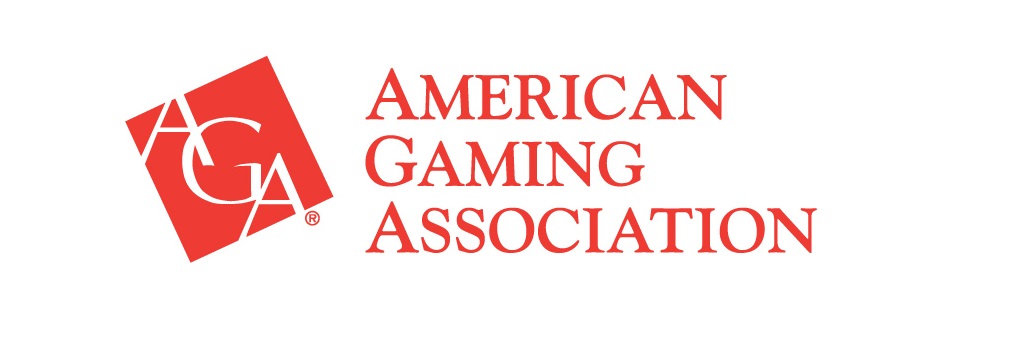FRAMEWORKS AND LOOPHOLES By Marko Mitevski
Gambling in Eastern Europe is a multi-billion-dollar industry with profound socio-economic implications. From traditional betting houses to sophisticated online-gambling websites, the region is undergoing explosive change in the gaming industry. What makes this change so fascinating is the diversity of legal regimes, enforcement and regulatory loopholes that allow the industry to flourish in frequently unforeseen directions.
This article analyzes the jurisdictions which form the backdrop of gambling within the various Eastern European countries, reviews key trends, and exposes the exploitation of loopholes by operators and occasionally even by state-owned companies. Policymakers, investors and citizens alike need to understand this complex environment.
Eastern Europe is not homogeneous in its gambling regulation. Politically governed philosophies, religious feelings, economic ambitions and EU legislation vary by country. There are, however, some trends apparent when examining the region as a whole.
Liberal Markets
Countries like the Czech Republic, Romania and Bulgaria have adopted relatively liberal gambling policies. These countries have licensed markets that allow both domestic and foreign operators to run sports books, casinos and online gambling platforms. Such systems are intended to generate tax revenues and attract foreign investment.
Romania legalized online gambling in 2015 and has since become a base for European operators. Bulgaria, too, liberalized its market in the early 2010s, with both online and land gambling controlled by the National Revenue Agency. The Czech Republic implemented new legislation in 2017 that introduced strict AML and licensing regulations but had an open market.

Restrictive or Monopolistic Models
In the other political corner are countries like Poland, Slovakia and Hungary, whose administrations have opted for more restrictive approaches. Poland has one of the most strictly regulated gambling markets in the EU. Online gambling is authorized only through state operators for all games except for few types.
Hungary has a quasi-monopoly, awarding licenses to a limited number of companies only, which questions the fair competition. Slovakia has moved towards liberalization but still maintains significant regulatory influence.
Gray and Black Markets
In Serbia, Belarus and Ukraine, regulatory uncertainty has encouraged the development of gray or even black markets. Ukraine banned gambling in 2009 but legalized it in 2020 on strictly regulated conditions. Enforcement remains soft, however, and the majority of illegal sites still thrive.
Belarus legalized online gambling as of 2019 but corruption and loose regulation have allowed unlicensed sites to run rampant. Serbia issues licenses but has been faulted for the transparency of regulation and enforcement effectiveness.
EU Influence and Compliance Challenges
For EU member states in Eastern Europe, aligning national gambling laws with EU principles – especially the free movement of services and competition law – has proven challenging. The European Union does not have a unified gambling policy, leaving regulation to individual member states. However, it does intervene when national laws restrict the internal market. The European Commission has initiated infringement procedures against several Eastern European countries for discriminatory gambling laws, particularly when foreign operators are unfairly excluded.
Several nations have struggled with compliance. Hungary faced pressure to revise its licensing procedures to ensure fair access for EU-based operators. Poland was warned over its monopolistic online gambling stance. The Czech Republic’s high taxation and AML requirements, while compliant on paper, have discouraged some operators from entering the market.
The Rise of Online Gambling and Cross-Border Loopholes
Perhaps the most dynamic part of the gambling sector in Eastern Europe is the online domain. Mobile apps, digital casinos and cryptocurrency-enabled platforms are proliferating at a rapid pace. One major loophole arises from the cross-border nature of online gambling. Despite local laws, many residents of restrictive countries access international gambling websites via VPNs or mirror sites.
Polish citizens, for instance, often gamble on foreign sites that operate outside of Poland’s national licensing system. Ukrainian players use offshore platforms that circumvent newly imposed local regulations. Even in relatively regulated environments like Romania, operators based in Malta or Gibraltar serve local players without fully complying with national tax obligations
Processing and Cryptocurrencies
Another hole is payment processing. Where online gaming is prohibited, operators prefer using third-party payment gateways or cryptocurrencies to evade banking controls.
Both Ethereum and Bitcoin are utilized by players and operators in countries like Belarus and Serbia. Payment service providers registered in weakly regulated jurisdictions act as middlemen, effectively hiding gambling transactions.
Regulatory Loopholes and Their Exploitation
The operators are not alone in the gray areas they occupy – governments themselves also take advantage of or endure loopholes in regulation to enjoy increased tax collections or political acceptability. In Slovakia and Hungary, allegations of cronyism and unclear licensing procedures have arisen. Politically connected companies get the licenses, which undermines the peopless trust and EU competition law.
Operators may register in tax havens like Malta, Isle of Man or Curaçao but operate Eastern European markets. The operators pay little or no local taxes and have weak regulatory oversight abroad.
Legal Gray Zones
Some national laws fail to define key terms, such as “online gambling” or “games of skill.” This vagueness provides operators with an opportunity to design products that fall technically outside of regulatory definitions.
For example, fantasy sports and esports betting are in legal limbo in most countries. Loot boxes in video games that mimic gambling mechanics remain largely unregulated across the region.
The patchwork regulatory system likewise has real-world consequences. While gambling yields tax revenues and employment, it also exacts significant social costs. Weak regulatory oversight and anonymity of online transactions provide opportunities for money laundering, tax evasion, and organized crime. Scandals in Bulgaria, Ukraine and Serbia have implicated gambling operators in illegal financial activities.
The Road Ahead
There is movement towards reform despite the hurdles. Some countries are reconsidering existing legislation and searching for EU-harmonized regulatory structures.
Ukraine is working on comprehensive law to fight against illegal operators and promote greater transparency. Romania and the Czech Republic have attempted to simplify licensing and tax regimes in an attempt to attract cautious operators.
There are also arguments in the EU for a uniform regulatory framework or even harmonized guidelines in the member states. But the role calls for significant political will, international cooperation, and investment in technology to close loopholes and protect consumers.
*** This exclusive article was originally published in July 20205 edition of Sports Betting Operator Issue 017***























